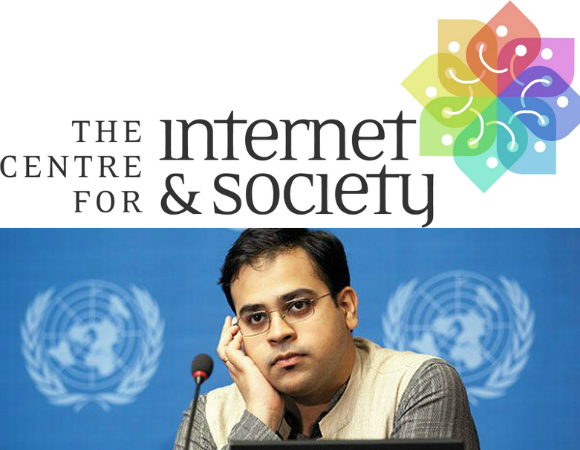India partially lifts Porn Ban?
The blog post by Nazhat Khan was published in DESI blitz on August 7, 2015.
India has partially lifted the ban of online pornography, just days after blocking user access to 857 adult websites.
The Indian government enforced the ban on July 30, 2015, only to reverse its decision on August 4, 2015. Ravi Shankar Prasad, the Communications and IT Minister, clarifies the ban only targets websites promoting child pornography.
He says: “A new notification will be issued shortly. The ban will be partially withdrawn. Sites that do not promote child porn will be unbanned.” Under the new order, internet service providers (ISPs) in India are allowed to unblock these 857 websites – except for those that contain child pornography.
This has caused another outrage. ISPs complain it is not within their capability and responsibility to do so. Internet Service Providers Association of India (ISPAI) explains: “ISPs have no way or mechanism to filter out child pornography from URLs, and the further unlimited sub-links.
 |
|---|
“Hence, we request your good self to advise us immediately on the future course of action in this regard.
“Till your further directive, the ISPs are keeping the said 857 URLs disabled.”
An executive at an Indian ISP tells the Wall Street Journal: “How can we go ahead? What if something comes up tomorrow [on one of these sites], which has child porn, or something else?”
Pranesh Prakash, policy director at the Centre for Internet and Society, points out it is not right for the government to pass the ball over to private companies.
He says: “The onus cannot be put on the service providers. What the government is doing is inherently unfair, it is not what the law requires.” In effect, porn sites in India are still blocked. The Supreme Court and senior officials are yet to provide clearer directives for ISPs.


